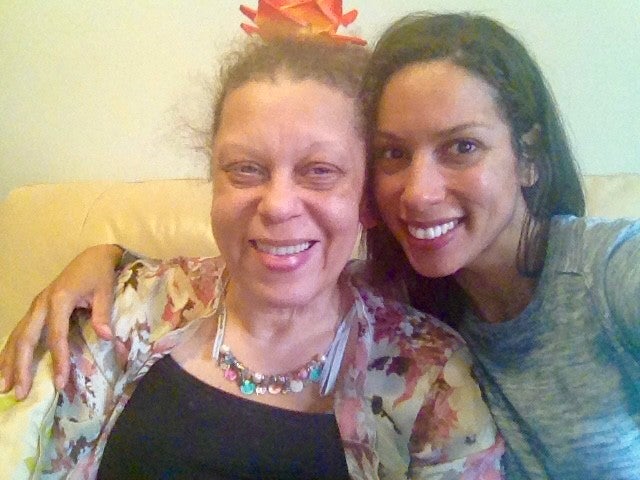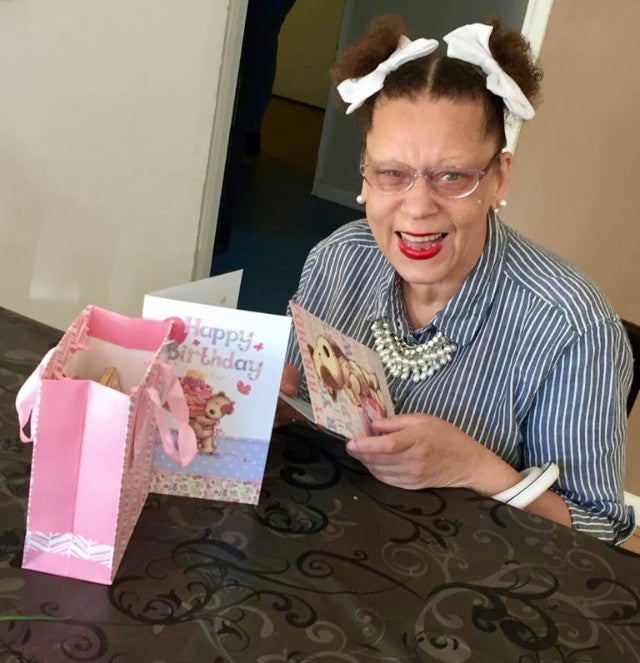Covid patients wrongly issued with ‘do not resuscitate’ orders, watchdog finds
‘I was devastated, shocked and angry’ says sister of Sonia Deleon who was wrongly given do-not-resuscitate order
Doctors made do-not-resuscitate orders for elderly and disabled patients during the pandemic without the knowledge of their families, breaching their human rights, a parliamentary watchdog has said.
In a new report on breaches of the orders during the pandemic, the Parliamentary Health Service Ombudsman found failings from at least 13 patient complaints.
The research, carried out with the charity Compassion in Dying, found “unacceptable” failures in how end-of-life care conversations are held, and in particular with elderly and disabled patients.

Following a review of complaints in 2019 and 2020 the PHSO found evidence in some cases that doctors did not even inform the patient or their family that a notice had been made and so breached their human rights.
The report calls for health services in Britain to improve the approach by medics in talking about death and end-of-life care.
During the pandemic, several reports surfaced over the alleged inappropriate application of do not attempt resuscitation (DNAR) orders on elderly people and patients with learning disabilities.
The NHS’s annual Learning Disability Deaths Review for 2021, found DNAR orders were only followed correctly in 60 per cent of deaths in 2020 and found evidence of “learning disability” being listed as a reason for not resuscitating a patient.

In examples of cases reviewed, the PHSO revealed the story of 58-year-old Sonia Deleon who had schizophrenia and learning disabilities and a notice which was wrongly applied during the pandemic.
In 2020, she was admitted to Southend University Hospital after contracting Covid-19 at age 58. On three occasions a notice was made but her family were never informed.
Following Sonia’s death her family found out the reasons given by doctors for the DNAR which “included frailty, having a learning disability, poor physiological reserve, schizophrenia and being dependent for daily activities.”
Sonia’s sister Sally-Rose Cyrille said: “I was devastated, shocked and angry. The fact that multiple notices had been placed in Sone’s file without consultation with us, without our knowledge, it was like being hit with a sledgehammer.
“We only found out when my husband and I were reviewing Sonia’s medical notes and I just couldn’t believe it. I burst into tears. I just couldn’t get my head around what had happened.”
“To find out doctors didn’t think it was worth even trying to resuscitate Sonia because she had learning difficulties and schizophrenia was just the most unbelievable, devastating bit of information that came out of what had happened.”
Key findings by the PHSO and Dignity in Dying included that conversations over resuscitation are happening too late when patients are in emergency situations such as A&E.
It warned there is a lack of accessible information given by healthcare professionals at the time or before these conversations are had.
It warned there is also a lack of public awareness about cardiopulmonary resuscitation (CPR) and who is responsible for making decisions.
Health Ombudsman Rob Behrens said: “There is a reluctance from British society to have conversations about end-of-life care early enough. We need to normalise these conversations, rather than wait for something drastic to trigger them.
“It is a legal requirement for a doctor to have a conversation about [DNAR notices]. Failing to do so constitutes maladministration and a breach of human rights.”
He said a person’s age or disability should not impact their human right to be treated with respect and care, warning the NHS needs to make “urgent” improvements and look at past mistakes around the issue.
Usha Grieve, Director of Partnerships and Services at Compassion in Dying, said: “Poor communication is causing harm and eroding trust between people and the health professionals caring for them. Unfortunately, these issues are far from new and despite Compassion in Dying, the CQC and others campaigning for change for several years, communication failures have persisted.”
“The older people we spoke to, like all of us, simply want to be treated like a human being, not a tick box exercise.”
Join our commenting forum
Join thought-provoking conversations, follow other Independent readers and see their replies
Comments
Bookmark popover
Removed from bookmarks